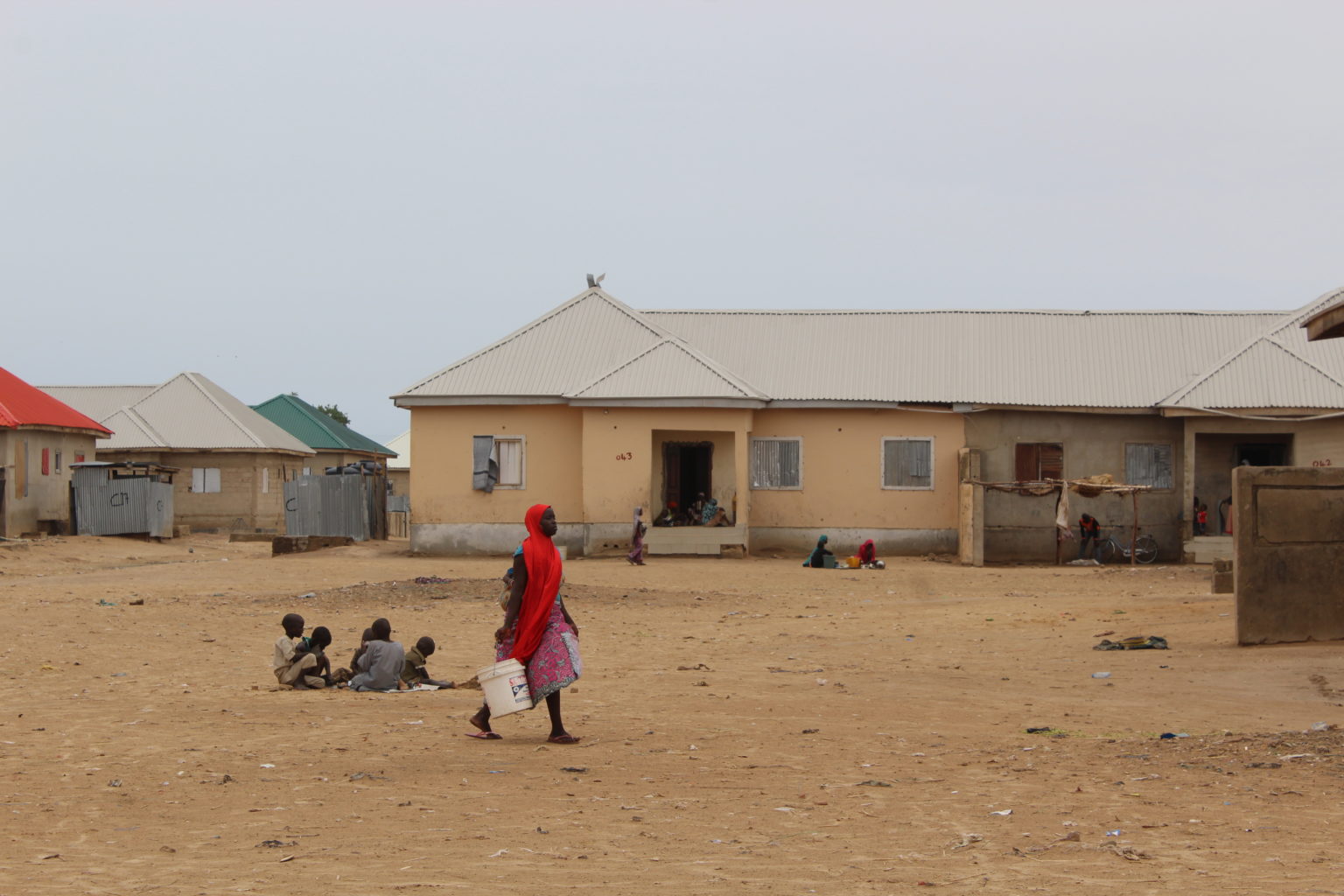by LINUS UNAH

Anthonia Ojong is a refugee in Nigeria’s southeastern state of Cross River, which borders Cameroon. The 55-year-old woman lives with her family of seven at a refugee settlement in the town of Ogoja.
More than three years of intense fighting between Cameroonian security forces and separatist fighters seeking independence for the anglophone minority has forced nearly 700,000 people in the mainly English-speaking regions of Cameroon to flee their homes.
Around 58,000 Cameroonian refugees have been registered in the southern Nigerian states of Akwa Ibom, Cross River and Imo as well as in the central and northern states of Benue and Taraba respectively.
Since she crossed the border to Nigeria in late 2017, Ojong and her family have depended largely on the UN refugee agency, UNHCR, for support. The family makes additional income by working in nearby farms.
But now they face a new threat: COVID-19.
Since the outbreak of the coronavirus pandemic in Nigeria in late February, the number of cases has continued to rise rapidly. As of June 7, Nigeria has recorded 12,486 cases of COVID-19, of which 3,959 have recovered and 354 have died.
Benue, Taraba, and Akwa Ibom –all Nigerian states with Cameroonian refugees– have active cases of COVID-19. Cross River is the only state in the country without an active case of the virus, but lack of testing could belie the real situation there.
Ojong, a widow, is worried that she might be unable to purchase food from local markets after the prices of food items soared amid restrictions on movement and lockdowns.
The UNHCR offers a cash-based intervention (CBI) of 4,600 naira ($12) monthly to enable refugees purchase food.
“I depend mainly on the CBI for survival,” she says, “but with prices of food going up we are struggling to survive.” For example, a circular container of garri, a staple made from processed cassava, now costs 12,000 naira ($31), a four-fold increase from the price in February.
Beyond food, the larger problem is the impact of the pandemic on the aid sector and how it could exacerbate humanitarian needs.
Since late March, Nigeria has banned interstate road trips as well as domestic and international flights. All land borders were also closed because health officials worried that Nigeria’s porous land borders could impede efforts to tackle the coronavirus if people entered and exited the country at will.
These restrictions are taking a toll on humanitarian operations, causing access constraints, disrupting supply chains and affecting delivery of humanitarian goods and assistance to internally displaced persons (IDPs) and refugees.
A humanitarian worker in Cross River said some staff have been laid off by aid organizations partnering with UNHCR to support Cameroon refugees due to limited operations.
“The camps are almost empty as refugees are moving to border villages to look for farm labor to survive,” she explains.
Nowhere is this impact more felt than in Nigeria’s northeast region where Boko Haram’s ten-year insurgency is making life unbearable for local people.
The conflict has killed more than 36,000 people and displaced 1.8 million people inside Nigeria.
Nearly 80 percent of the displaced populations are in Borno state, the epicenter of the crisis.
Toward Freedom for more
